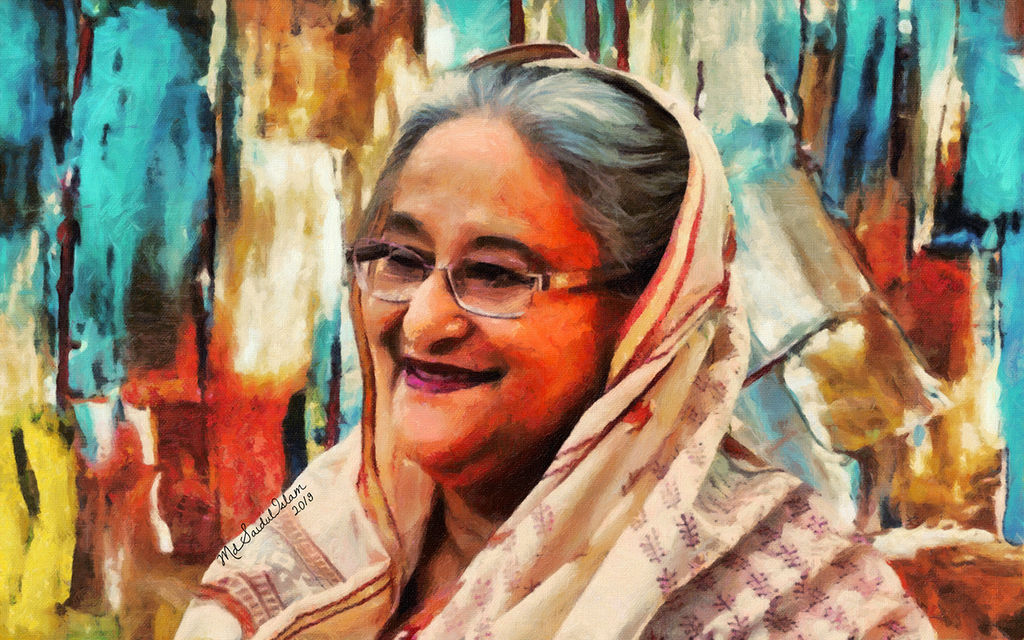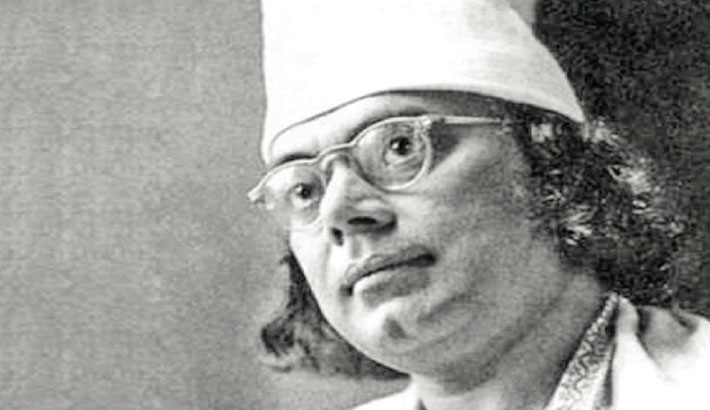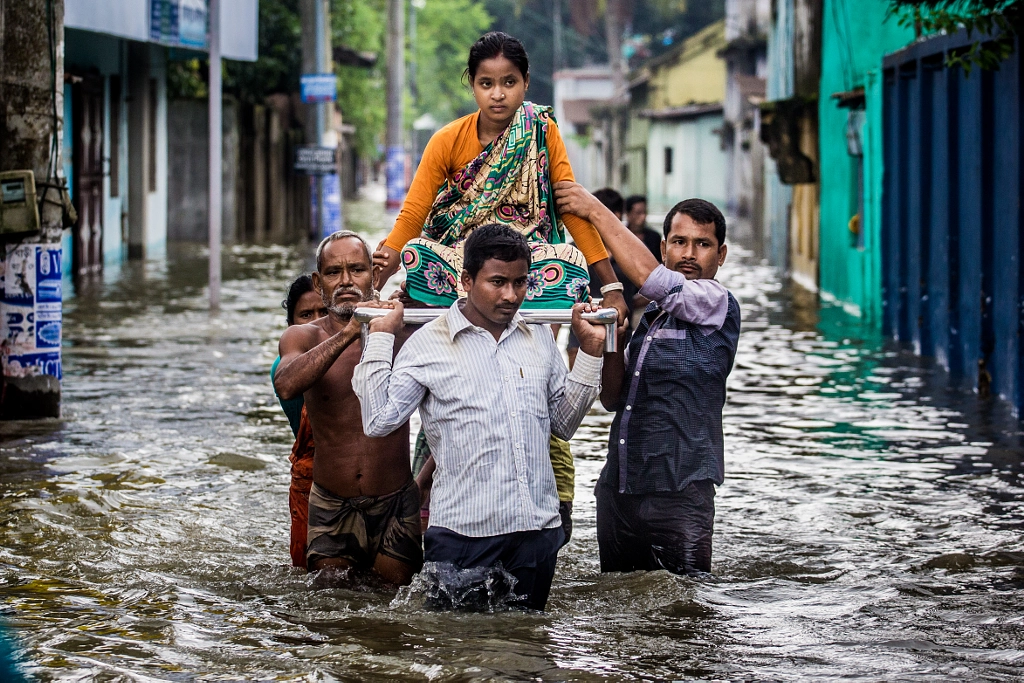The Liberation War of 1971 stands as one of the most defining and heroic moments in the history of Bangladesh, marking the culmination of decades of struggle for self-determination and freedom. The war, which led to the creation of Bangladesh as an independent nation, was a result of years of political, economic, and cultural discrimination against the Bengali people in East Pakistan by the central government in West Pakistan. The conflict was a monumental moment for Bangladesh, leading to significant loss, sacrifice, and ultimate victory for the people of East Bengal.
Background and Causes of the Conflict
The roots of the Liberation War trace back to 1947, when British India was partitioned to create the independent states of India and Pakistan. Pakistan was initially conceived as a nation for Muslims, split into two distinct geographic regions—West Pakistan and East Pakistan (now Bangladesh)—which were separated by nearly 1,600 kilometers of Indian territory. Despite being part of the same country, East and West Pakistan differed vastly in culture, language, and economy. Bengalis in East Pakistan, the majority population of Pakistan, were largely ignored politically and economically by the authorities in West Pakistan, leading to significant resentment and discontent over the years.
The first major rift occurred in 1948 when the government of Pakistan declared Urdu the sole national language, disregarding Bengali, the mother tongue of East Pakistan. This decision sparked widespread protests, culminating in the Language Movement of 1952. The movement was a turning point, symbolizing the Bengali people’s determination to assert their cultural identity and rights. Over the next two decades, grievances grew as East Pakistan faced economic exploitation and lack of political representation. While East Pakistan generated a significant share of Pakistan’s revenue, it received only a fraction of the development budget, causing widespread poverty and inequality.
The Role of Sheikh Mujibur Rahman and the 1970 Election
By the 1960s, calls for autonomy grew louder, led by Sheikh Mujibur Rahman, the leader of the Awami League. In 1966, he presented the Six-Point Demand, which sought greater autonomy for East Pakistan, including control over taxation, trade, and military. His leadership resonated with the people of East Pakistan, and he emerged as a central figure in the independence movement.
The turning point came during the general elections of 1970, where the Awami League won a landslide victory, securing 167 of the 169 seats allocated to East Pakistan. This victory granted the Awami League a majority in the Pakistan National Assembly, effectively giving them the right to form a government. However, the West Pakistani authorities, led by President Yahya Khan and Zulfikar Ali Bhutto, were unwilling to transfer power to Sheikh Mujibur Rahman. This refusal intensified the demand for independence, as it became evident that the rights of Bengalis would continue to be suppressed under the existing structure.
The Declaration of Independence and Outbreak of War
The situation escalated on March 7, 1971, when Sheikh Mujibur Rahman delivered a historic speech at the Racecourse Ground (now Suhrawardy Udyan) in Dhaka. He urged Bengalis to prepare for a struggle for freedom, declaring, “The struggle this time is for our freedom; the struggle this time is for our independence.” Tensions reached a breaking point on March 25, 1971, when the Pakistani military launched “Operation Searchlight,” a brutal crackdown aimed at suppressing the independence movement in East Pakistan. The military targeted Dhaka University, student dormitories, and neighborhoods, resulting in the massacre of thousands of civilians in what is now known as one of the darkest nights in the history of Bangladesh.
In response, Sheikh Mujibur Rahman declared Bangladesh’s independence in the early hours of March 26, 1971. This declaration marked the beginning of a full-scale war between the Pakistani military and the freedom fighters, known as Mukti Bahini, who were determined to liberate their homeland.
The Role of Mukti Bahini and the People’s Struggle
The Mukti Bahini, consisting of both trained soldiers and ordinary civilians, quickly organized to resist the Pakistani forces. Volunteers from all walks of life—students, farmers, workers, and intellectuals—joined the Mukti Bahini, united by a shared dream of an independent Bangladesh. They used guerrilla tactics, ambushes, and sabotage to target the much larger and better-equipped Pakistani army. Training camps were set up along the Indian border, where freedom fighters received support and training to strengthen their resistance.
The people of Bangladesh faced unimaginable hardships during the war. Millions were displaced, and atrocities, including widespread killings, rape, and destruction of villages, were committed by the Pakistani military. The suffering and resilience of the Bengali population captured the world’s attention, with reports of genocide and atrocities raising global outrage and sympathy for the Bangladeshi cause.
International Involvement and India’s Support
The crisis in East Pakistan drew the attention of neighboring India, which was also affected by the influx of an estimated 10 million refugees who fled the violence. The refugee crisis strained India’s resources, leading Indian Prime Minister Indira Gandhi to advocate for international intervention. As diplomatic efforts to resolve the crisis peacefully failed, India decided to support the independence movement directly.
On December 3, 1971, Pakistan launched a preemptive airstrike on Indian airbases, prompting India to formally enter the war on the side of Bangladesh. The Indo-Pakistani War of 1971 lasted only 13 days, with Indian forces advancing rapidly into East Pakistan alongside the Mukti Bahini. Facing overwhelming opposition, the Pakistani military finally surrendered on December 16, 1971, in Dhaka. This surrender marked the official victory of the Bangladeshi liberation forces and the birth of the new nation of Bangladesh.
The Aftermath and Legacy of the Liberation War
The victory of December 16, 1971, came at a great cost. The Liberation War claimed the lives of an estimated 3 million people, with countless others wounded or scarred by the atrocities they had witnessed. The war left Bangladesh’s infrastructure devastated, with much of the country in ruins. However, the spirit of independence and resilience prevailed, and the people of Bangladesh set out on a journey to rebuild their nation from the ashes of war.
The legacy of the Liberation War is deeply woven into the fabric of Bangladeshi identity. Every year, Bangladesh commemorates March 26 as Independence Day and December 16 as Victory Day, honoring the sacrifices made by those who fought for freedom. The Liberation War Museum in Dhaka stands as a testament to the bravery of the Mukti Bahini and the resilience of the Bangladeshi people. The war also left a lasting impact on regional politics, shaping Bangladesh’s relationships with neighboring countries and solidifying its identity as a sovereign nation.
The Liberation War of 1971 was not just a struggle for territory; it was a fight for dignity, identity, and justice. The determination of the Bengali people to secure their right to self-determination, even in the face of overwhelming adversity, remains an inspiration to freedom movements worldwide. The war brought immense suffering but also boundless hope, proving that the spirit of a people striving for freedom can overcome the darkest of times. Bangladesh’s journey from struggle to independence stands as a reminder of the power of resilience, the strength of unity, and the unyielding pursuit of justice.











